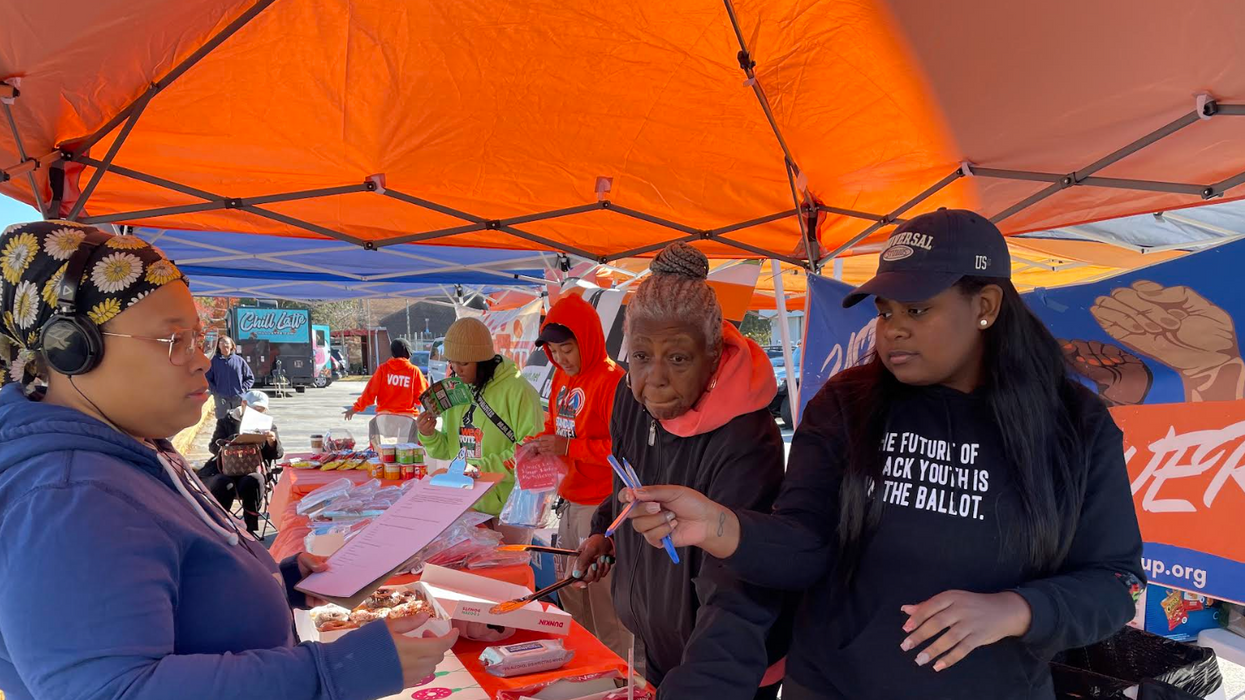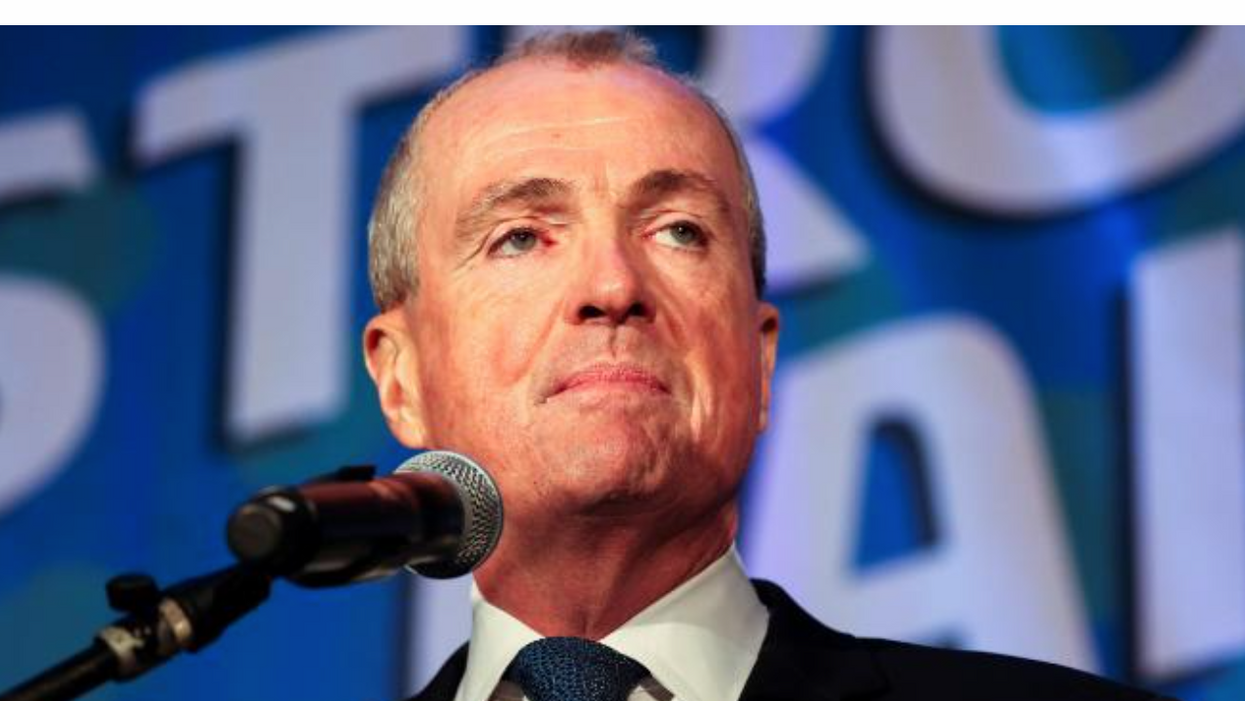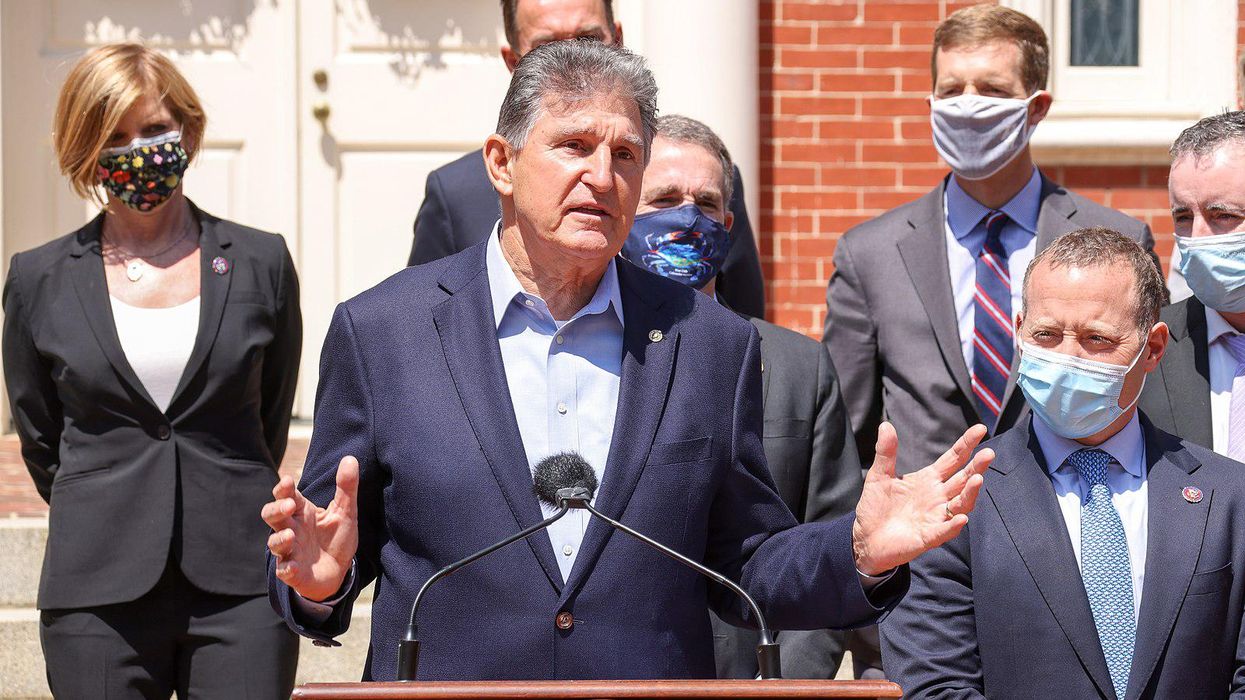Right-Wing Media Struggle To Embrace Early Voting In Wake Of New York Defeat
Right-wing figures are sounding the alarm that Republicans must mobilize their supporters to embrace early voting in the wake of last night’s special election, in which Democrats won the U.S. House seat formerly held by scandal-plagued ex-Rep. George Santos (R-NY). The problem for them, however, is that this would require undoing the propaganda campaign that former President Donald Trump and his right-wing media allies waged against early voting and voter access initiatives in their failed effort to steal the 2020 election.
Early on election night, Democrats boasted that their nominee, former Rep. Tom Suozzi, had already built up a 14,000-vote lead over his Republican opponent, Mazi Pilip. Republican get-out-the-vote efforts on Election Day might also have been hindered by a snowstorm on Long Island, which led to a Republican super PAC hiring private snow plows to clear areas around Republican-leaning precincts. Suozzi won the race by an almost 8-point margin and it is unclear whether the snow made a difference in the result, but the situation highlighted a problem for Republicans: Many Democratic voters had actively banked their ballots before Election Day, while Republican voters largely put off casting theirs until the last day of the campaign.
Conservative media face tough choices after this election loss, which may have hinged on the GOP's abrupt abandonment of bipartisan immigration reform legislation in the final days of the campaign, and in turn been exacerbated by the party and its media allies distancing themselves from early voting over the past four years.
- Former Trump 2016 campaign aide Rick Gates said, “My No. 1 takeaway is for Republicans: early voting, early voting, early voting.” Gates further touted the campaign’s successful work in 2016 at mobilizing early voters in Florida and North Carolina. “Why the Republicans haven't been able to, you know, basically replicate that process, I don't know, but we've got to fix it and fix it soon,” Gates said, failing to acknowledge at all that Trump himself spoke against early voting throughout the 2020 election, plus his continued denial about the 2020 election in the years afterward. [Newsmax, Wake Up America, 2/14/24; Business Insider, 2/14/24]
- Former Trump adviser Kellyanne Conway declared on Fox News: “Bank your vote early, getting that early vote and making Republican voters comfortable, center-right voters comfortable with voting early, is incredibly important.” Fox News anchor Bill Hemmer thanked Conway for her political analysis of the race, “especially the early voting, we’ve yet to see whether or not the RNC can pull that off.” [Fox News, America’s Newsroom, 2/14/24]
- Right-wing radio host John Fredericks told opponents of early voting, “If you continue to push game-day voting because of algorithms, servers on Mars, CCP people flying around in flying saucers changing algorithms in the middle of the night, we will never win an election.” A crucial fact here is that Fredericks himself previously spent years spreading claims of vast election fraud. Following the 2022 midterms, however, he reversed course and declared, “I’m out of the convincing business, the narrative business. I’m in the ballot business, I just want to put ballots in boxes.” [Real America’s Voice, Outside The Beltway, 2/14/24; Real America’s Voice, War Room, 11/30/22]
- Dairy Wire co-founder Ben Shapiro castigated Trump for his past statements against early voting and said that he “better flip on that right fast, because use every method at your disposal to win.” “In the Republican Party, who would’ve suggested that mail-in ballots are stupid and you shouldn’t use them?” Shapiro asked rhetorically. “Who would’ve proposed such a foolish proposition that you should — you know, it’s somehow morally bad to vote early if you’re a Republican? Thus losing two Senate seats in Georgia, and maybe his own presidential election.” [The Daily Wire, The Ben Shapiro Show, 2/14/24]
Unfortunately for Republicans, not everyone the right-wing media echo chamber is getting onboard. Former Trump adviser Steve Bannon, a key figure in spreading Trump’s election lies leading up to the January 6 insurrection and in promoting Big Lie candidates in 2022, asserted Wednesday that “they stole this election in New York,” and reiterated his old election lies: “Like I said in 2020, they're stealing it by mail-in ballots and with these bad voter rolls and you can't get away from that.”
Reprinted with permission from Media Matters.




